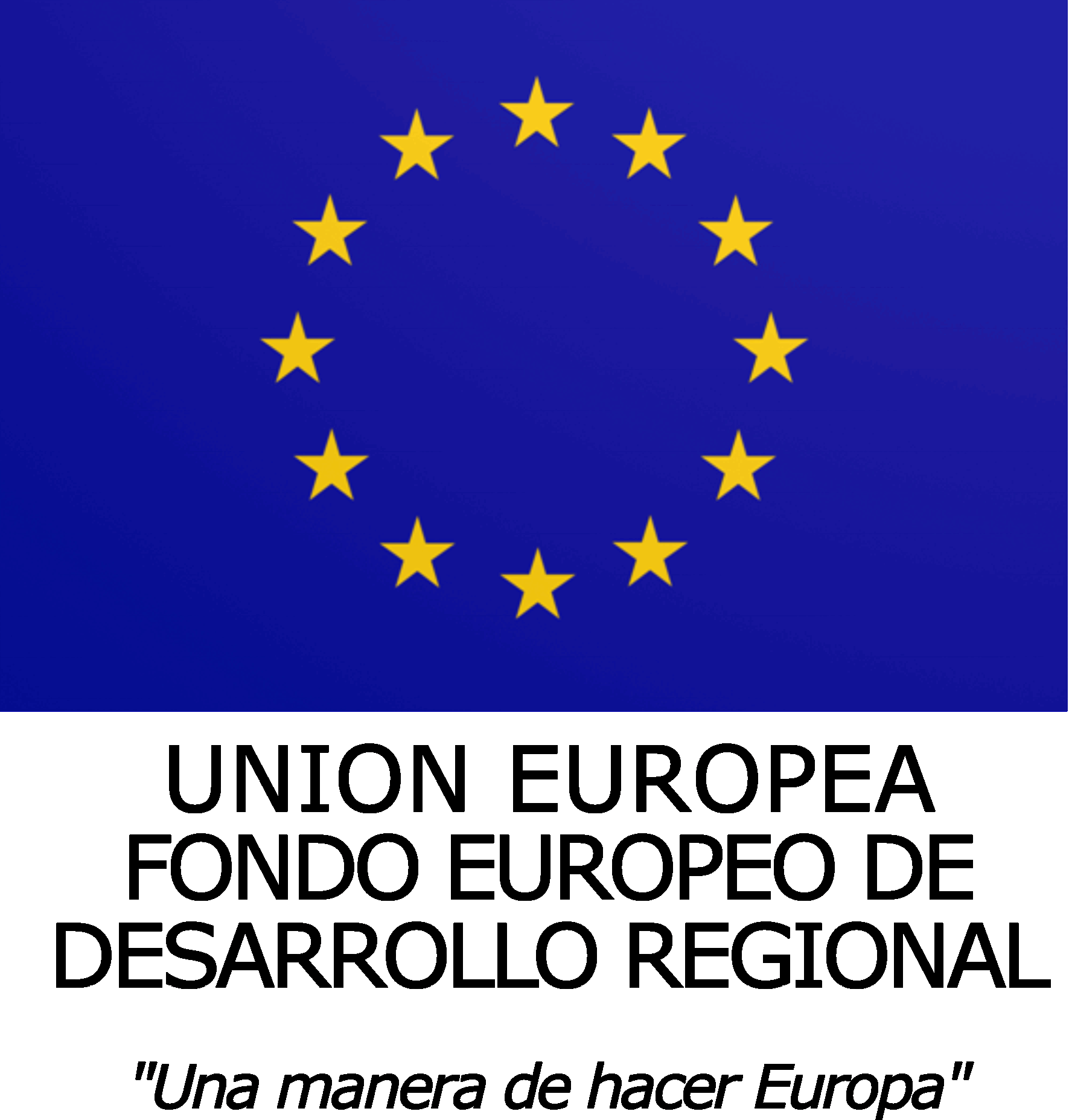The Community of Madrid and Carlos III University in Madrid (UC3M) are jointly building an international centre of excellence for research into communications networks. TecnoLeganés will host the future headquarters of IMDEA Networks.
 IMDEA Networks has finished the preparation work for the construction of its permanent headquarters, and is preparing to publish notice of the construction tender in the Official Journal of the European Union (OJEU) and the BOCM (Official Gazette of the Community of Madrid). The Final Project Design and its annexes, that will serve as the blueprint for construction, will be completed on the 27th of July. IMDEA Networks' headquarters will consist of two adjacent, integrated buildings, with a total area of 7,700 square metres, constructed in two phases. The first phase will focus on one of the two buildings and the atrium, which will be the structural meeting point for the complex and function as a centre of gravity for the networking philosophy that so characterises the Institute. This first phase will occupy 4610m2 over three floors. It is expected to commence operations in 2014.
IMDEA Networks has finished the preparation work for the construction of its permanent headquarters, and is preparing to publish notice of the construction tender in the Official Journal of the European Union (OJEU) and the BOCM (Official Gazette of the Community of Madrid). The Final Project Design and its annexes, that will serve as the blueprint for construction, will be completed on the 27th of July. IMDEA Networks' headquarters will consist of two adjacent, integrated buildings, with a total area of 7,700 square metres, constructed in two phases. The first phase will focus on one of the two buildings and the atrium, which will be the structural meeting point for the complex and function as a centre of gravity for the networking philosophy that so characterises the Institute. This first phase will occupy 4610m2 over three floors. It is expected to commence operations in 2014.
The creation of a permanent headquarters aims to coordinate a range of research bodies and universities, businesses and markets in the engineering and telecommunications sectors to develop science and technology projects. It seeks to attract talent from abroad and provide Spain with an international benchmark of excellence in computer network engineering.
Since beginning operations at the end of 2006, IMDEA Networks has occupied a temporary operations centre in a space provided by the UC3M. Now the UC3M has in turn transferred the rights to use the land which will be home to the new building. It will be strategically located next to TecnoLeganés Central Support Services for Research, the largest Scientific, Technological and Business Park in Spain. Such close links with TecnoLeganés are critical to the institute's role in the international scientific environment and especially so to its technology transfer objectives. This location will provide a meeting place for researchers from both the public and private sectors, maximising the institute's potential as a driving force behind technological evolution and economic growth.
The building is designed to meet all the requirements of a leading research centre. It will have a team of more than one hundred researchers, as well as support technicians and the latest technology infrastructure and equipment (e.g. an anechoic chamber). The chief objective of its design is to provide a high quality working environment for researchers, to encourage new scientific ideas and experimentation at the highest level. It was designed primarily with the needs and preferences of researchers in mind, including open spaces, meeting areas, laboratories, support services etc. With an eye to the future and on the natural evolution of any scientific initiative (new lines of research, projects, equipment, team members), the interior design is highly flexible, enabling simple and cost-effective reconfiguration. Moreover, the building's design is environmentally friendly and has a number of features designed to ensure an environmental approach to its construction and maintenance.
This project has been co-financed by the Ministry of Science and Innovation under the 2008-2011 National Plan for Scientific Research, Development and Technological Innovation, via ACTEPARQ, the National Action Sub-programme for Science and Technology Parks and the European Regional Development Fund (ERDF), file number PCT-430000-2009-14.


Read more:
 Download press release (99 KB)
Download press release (99 KB)

